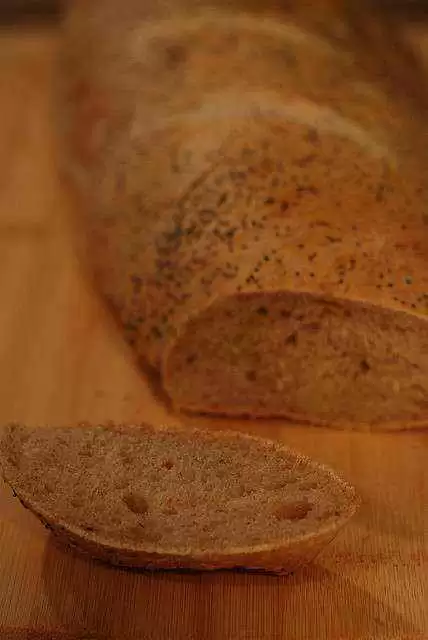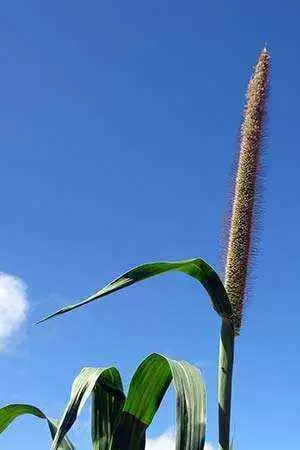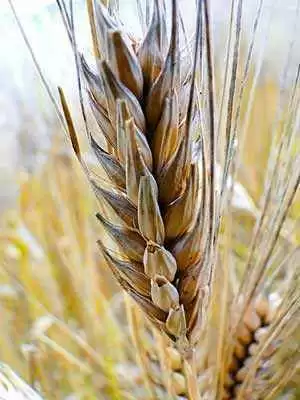Celiac.com 06/30/2014 - The people who grow wheat think they might have a solution for people with celiac disease: Genetically modified wheat.
 By genetically modifying wheat, researchers are looking to ‘silence’ proteins that trigger adverse immune reactions in people with celiac disease.
By genetically modifying wheat, researchers are looking to ‘silence’ proteins that trigger adverse immune reactions in people with celiac disease.
Celiac.com Sponsor (A12):
A research team working on just such a project recently published a report of their results in the Journal of Cereal Science. The team included researchers Cristina M. Rosella, Francisco Barrob, Carolina Sousac, and Ma Carmen Menad.
Their report acknowledges that creating strains of wheat with reduced gluten toxicity is difficult using conventional breeding methods, and that genetic modification, in particular a technology called RNA interference (RNAi), hold the greatest promise in reducing or ‘silencing’ the gluten proteins in wheat and other cereals. Such technology allows researchers to develop gluten-free wheat strains by adjusting the gluten fractions toxic to those with celiac disease.
They acknowledge that their efforts could face resistance fueled by global concerns around genetically modified foods. They also note that current and prior genetic modification efforts have not produced products with tangible benefits to the consumer. Rather, the main beneficiaries of such efforts have been large companies and/or farmers.
According to their report, the development of genetically modified wheat lines suitable for people with celiac disease or gluten intolerance could be a major turning point.
Their efforts to create celiac-friendly wheat varieties via genetic modification aims to “solve a health problem that directly affects a large proportion of consumers, in developed as well as developing countries, and with higher consumer awareness.”
What do you think? Is this a possible breakthrough? Would you be interested in wheat that had been genetically modified to be safe for people with celiac disease?
Source:
- Open Original Shared Link









Recommended Comments